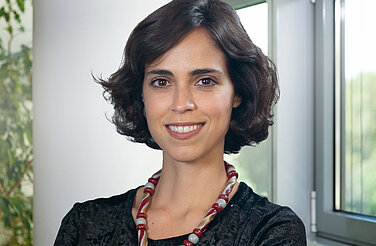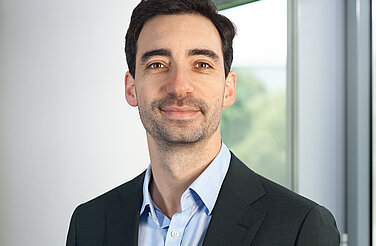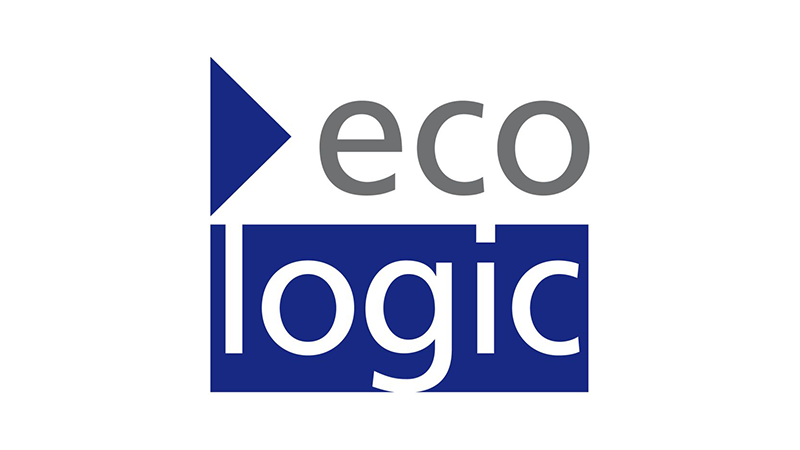This content is also available in: German
Green steel
A crucial material for everyday life, the steel sector’s transition to climate neutrality will be a cornerstone for scaling the uptake of green products.
Steel is a fundamental basic material in numerous industries, including the production of renewable energy technologies, and its demand is on the rise globally. At the same time, the steel industry is amongst the most CO₂ emitting sectors. For these reasons, it is a key player in the transition to climate-neutral industry and global efforts to limit climate change.
The steel transformation is starting now: The European steel sector is at the forefront of a global race to green steelmaking with several plants scheduled to come online in the mid-2020s. On the global level many companies have also announced low-carbon steelmaking projects that are to be implemented before 2030. For example, China’s HBIS has built the first industrial hydrogen-ready direct reduced iron (DRI) plant and announced a goal of having in place 3.8 million tonnes H₂-DRI capacity by 2025.
Several low-carbon technologies for steel production are available today but their uptake needs to be scaled up substantially. To advance green steelmaking, it will also be crucial to build green lead markets, adopt standards and define labels as well as rules for measuring the emissions produced during the whole lifecycle of a product, known as “embodied carbon”. It will be equally important to identify and address upstream and downstream aspects of the steel transformation that are currently bottlenecks for the transition. These include engineering capacities, availability of high-quality iron ore, hydrogen transport and resilience of supply chains. To foster international collaboration, guidelines for the governance of climate clubs and international funding instruments, including analyses on trade implications, are also needed. In Europe and at national level in EU member states, an important step will be to implement key policy instruments such as the EU carbon border adjustment mechanism (CBAM) and carbon contracts for difference (CCfDs).
Agora Industry develops evidence-based strategies and policy instruments and actively supports the relevant stakeholder processes in Germany and at EU level to further green steelmaking. As part of our work on the global steel transformation we provide recommendations to address bottlenecks and overcome challenges at the global level. In China and Southeast Asian countries, Agora Industry supports partners and provides politically viable policy recommendations based on analyses of European experiences and their implications for a specific economy.






